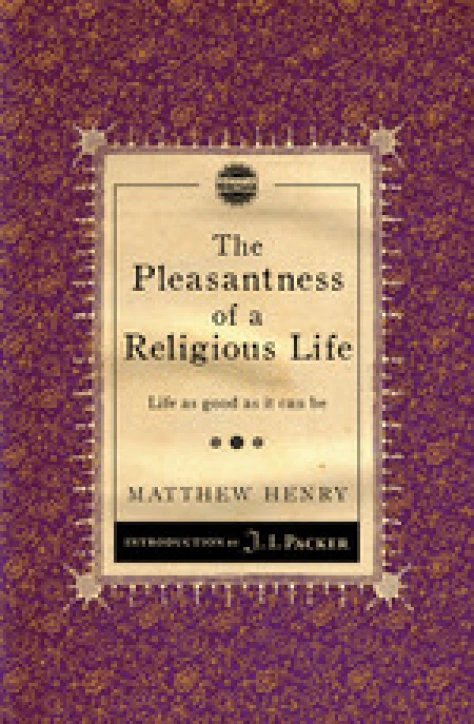New from Christian Heritage - July / August 2012
New Releases, Updates and More

The Crook in the Lot: Living with that thorn in your side by Thomas Boston
First published in 1737 this book holds a special place among the tremendous amount of Puritan literature that was produced during that time. Thomas Boston was renowned for his clearly understood English and the manner in which he maintained that clarity while conveying messages of great depth. The Crook in the Lot is introduced to us by J. I. Packer. In an extensive prologue he shows how Boston's advice remains deeply relevant today. Boston was not preaching merely from his theological understanding, he was speaking from direct personal experience. Boston had real "thorns" to deal with himself, ranging from his wife's paralyzing depression to his own experiences living for years with what were probably kidney stones. He brings his own unique combination of wonderfully profound and yet immensely practical advice to bear to give us a work of lasting impact.
The Heavenly Footman: How to get to Heaven by John Bunyan
Throughout Bunyan's great allegories his prime concern was that people would be able to discern the way to heaven. The 'Footman' is an athlete dogged in the pursuit of 'winning' the race. Bunyan wants us to be able run the race of the Christian life and finish the course so that we might all meet in Heaven. As he states in this book:- 'Farewell, I wish our souls may meet with comfort at the journey's end.' Based on the text 'so run that ye may obtain' (1 Cor 9v24), Bunyan's terse and racy style gives us vital guidance on how to complete the journey. This is regarded as one of the classic texts to have come from the Puritan era on Christian living. Bunyan is well known for his perceptiveness in describing human motivation and thought processes with discernment as he gives us the 'description of the man who gets to heaven.'
The Pleasantness of a Religious Life: Life as good as it can be by Matthew Henry
Matthew Henry, the great Puritan commentator, here looks at what gives people real joy. He looks at 12 different types of Christian pleasure, reviews what God has done to bring sinners joy, demonstrates that Christian experience proves this and challenges the reader to join in! This was Matthew Henry's last book and was at the press when he died in 1714. This classic of Christian living is brought to you by J. I. Packer who adds an extensive introduction to the book showing its significance and gestation from Henry's ministry.
